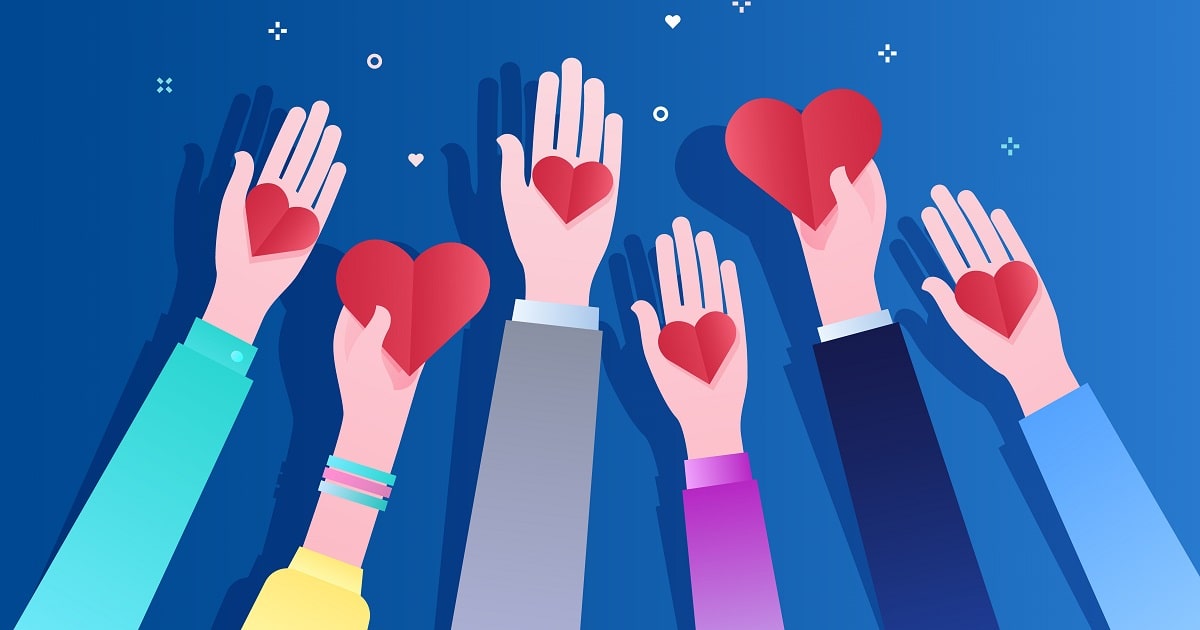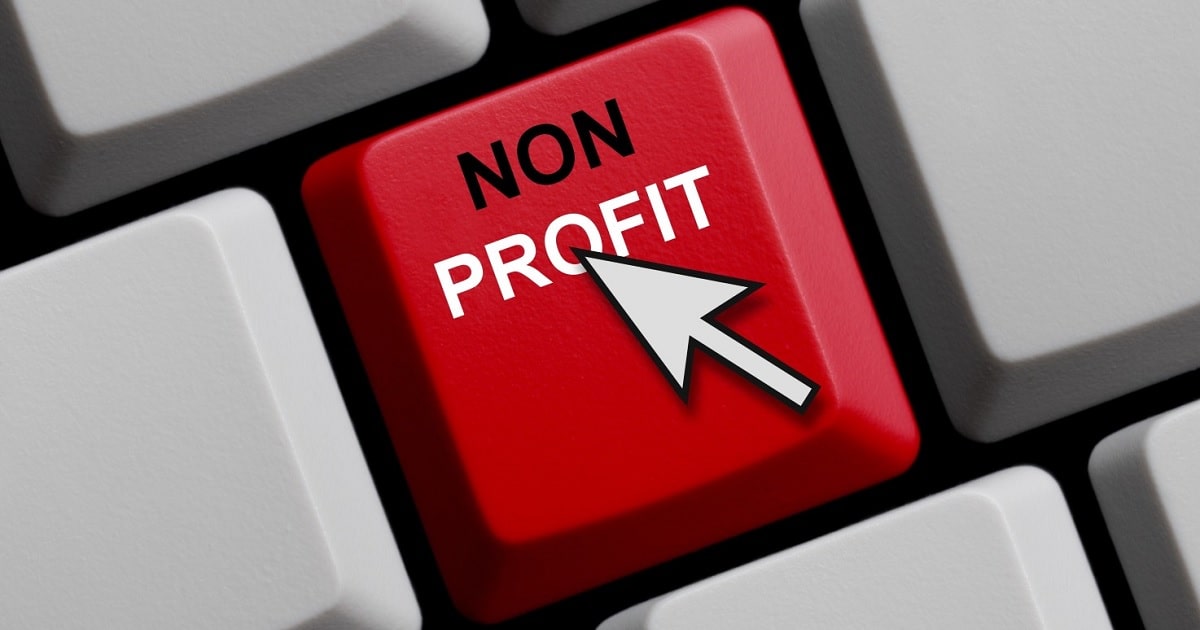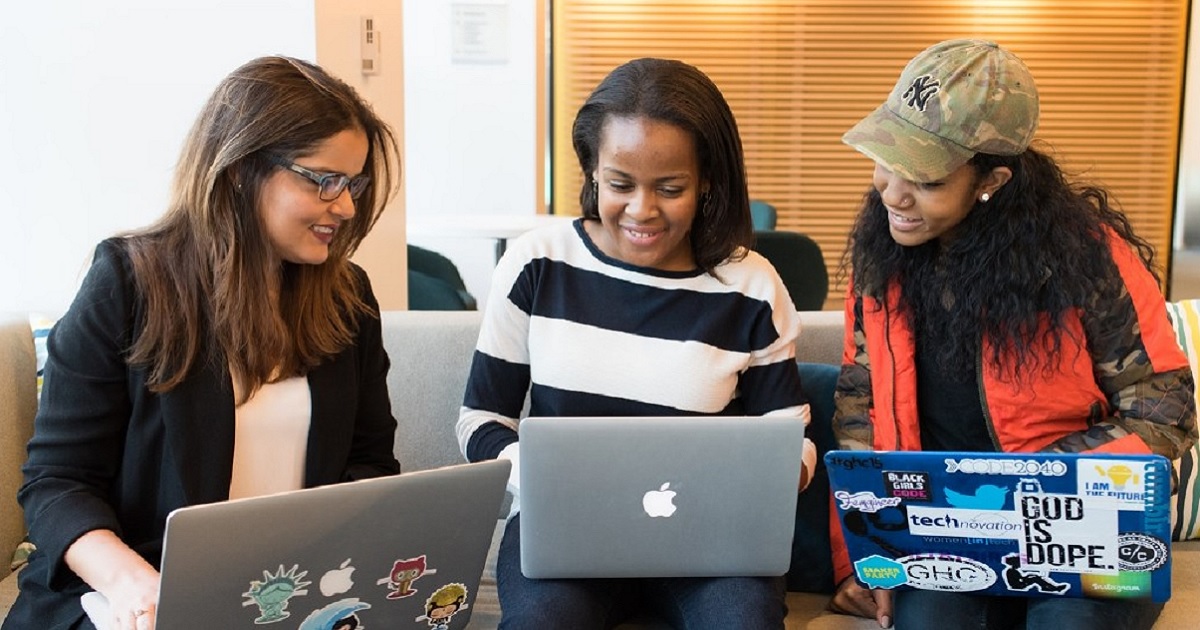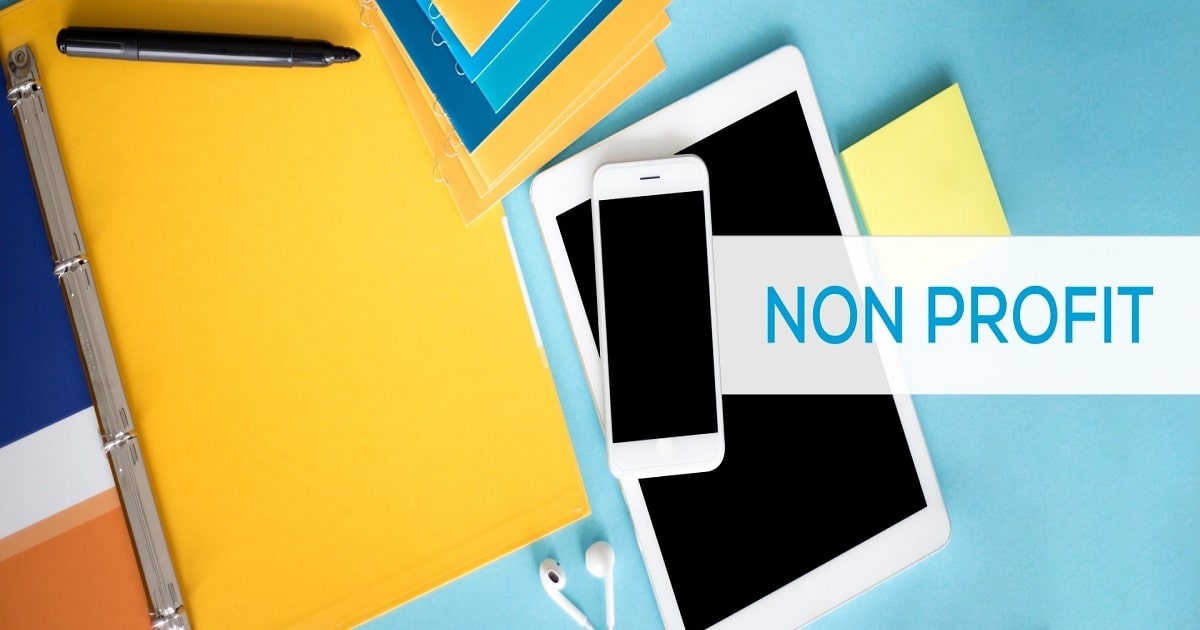
Nonprofit Management
Article | July 13, 2022
Although we recommend talking directly with your donors to learn what matters to them, one-on-one conversations aren’t the only way to gain valuable information about your donors. Through analysis of the donor data in your fundraising software, you can obtain insights that will help you create a better experience for your donors, and motivate them to give more over time. Here’s what you can learn from the numbers and how you can apply this knowledge to improve your donor experience.
Biographic and Demographic Information:
This particular donor data isn’t snazzy, but it provides you with important tools to use in donor communications. Here’s what you can do with it.
Preferred Name: Even something as simple as addressing your donors by their preferred names or nicknames will go a long way toward building a meaningful relationship.
Employment: Improve the timing of your emails by sending to full-time individuals when they’re at work.
Age: Millennials are more likely to check social media or text messages for communications, while Baby Boomers are more likely to use email or even snail mail. A multi-channel communication strategy, however, is the best thing to help you reach your donors where they’re at.
Educational Background: While someone’s education level may provide insights about their capacity to give, consider looking at what your contacts were involved in while in school. Did they join clubs that provide a clue about their interests? Did they hold certain leadership positions that tell you what they’re committed to? What community service projects were they active in? This information can help you customize your communications more meaningfully.
Involvement History:
Monetary giving isn’t the only indicator of a donor’s interest in your organization. When you’re putting together your campaign lists, don’t forget to look at other historical indicators as well.
Note: If you’re already using Network for Good’s simple, smart fundraising software, demographic details, like the ones above, need to be individually added as “Custom Fields” to a constituent’s record.
Involvement in Advocacy Work: If an individual advocates for charities or causes, he or she is usually serious about making a difference and seeks to do so in other ways.
Corporate Sponsorships: If someone has organized a corporate sponsorship for her or his place of employment, the individual has demonstrated a willingness to go the extra mile foryour organization.
Showing Up at Events: If you have regulars who appear at your events, they’re prime candidates to get more involved. An events platform that integrates directly with your fundraising software can be a key tool here in making sure you’re following up with the right people.
Network of Connections:
Prospective donors will always be more willing to respond if a friend or business connection has introduced your organization to them. If you think an individual would be willing to contribute to your nonprofit, look at who in your donor database is connected to that person and ask for an introduction. This strategy can also be used for raising corporate sponsorships.
Hobbies:
Hobbies and interests will tell you who’s most likely to participate in your events. They’ll also give you ideas about what types of events will be most popular with your contacts. Here are a few ideas:
Games: Trivia night, bingo, or board games.
Outdoors: Run/Walk, golf or fishing tournament, or softball.
Food & Drink: Wine tasting, celebrity chef or bartender, or profit share at a restaurant.
Music: Benefit concert, talent show, or Battle of the Bands
Arts & Culture: Group night at the theatre, charity poetry reading, or author meet-and-greet.
Timing of Gifts:
When do individuals give? If someone tends to make donations at a certain time of year, your request will probably be welcomed (and successful!) if you ask at that time. Using tools such as the “Giving” filters to conduct donor analysis can help determine if there are trends around a particular time of year for one (or multiple) donors – and knowing the timing of gifts will also help you spend your marketing dollars more wisely. If someone has given within a year-long time period, that person is much more likely to give again than someone who gave two years ago. You can allocate your marketing resources more intelligently if you know who is more likely to donate.
These are just a few ideas on how to use your data to not only build a stronger donor experience but also increase your fundraising revenue.
Learn why the donor experience is vital to a successful organization and how to implement an effective donor experience program by downloading “A Better Donor Experience: Is it the Cornerstone of Donor Loyalty?”
Read More

Nonprofit Management
Article | July 29, 2022
Unless you've been living under a rock, you're undoubtedly aware that cryptocurrency is now trending. That doesn't imply you understand everything about it and how it pertains to your non-profit. After all, that's why you're here. But chances are, your curiosity has been stirred.
There are several questions around cryptocurrencies, which we will address. But, before we get into the specifics, consider why it's important.
Why Your Non-profit Should Accept Cryptocurrency?
The rising popularity of bitcoin makes it an appealing payment option for charitable contributions. Because it is a digital money, it is simple to collect online donations. Accepting bitcoin is a reasonable next step after online donating has risen in recent years.
Furthermore, it looks that bitcoin users are a charitable lot. According to Fidelity Charitable, 45% of bitcoin owners will have contributed $1000 or more in 2020, compared to 33% of traditional investors.
Accepting cryptocurrency may appeal to younger contributors because it is popular among Millennials. One in every three Millennials owns cryptocurrencies, which is more than double the typical investor's rate. Millennials are notably kind and charitable, maybe because they entered adulthood during the Great Recession.
Risks and Considerations to Accepting Cryptocurrency:
While block chain and encryption make cryptocurrencies harder to hack or forge, this does not mean they are risk-free.
Most cryptocurrencies, for example, are stored in digital wallets that need a key and password to access the assets. However, hackers may attack digital wallets. In the worst-case scenario, owners may misplace the key and passwords required to access the funds. When bitcoin is lost, it is gone forever. It is anticipated that $4 million in Bitcoin may be lost.
On the dark web,cryptocurrency is also utilized for transactions. The anonymity of cryptocurrencies and the obscuring of transaction data appeals to individuals with less than noble intents.
Furthermore, the IRS considers cryptocurrencies to be property and taxes it accordingly. Depending on the circumstances, it may also be deemed capital gains.
Is Cryptocurrency Right for Your Non-profit?
While accepting cryptocurrencies for donations has advantages, such as attracting new contributors, it also has drawbacks. Whatever you pick, it appears that we are entering a wild new world of digital cash.
Read More

Nonprofit Management
Article | July 11, 2022
According to the 2020 M+R Benchmarks Study, 44% of all website traffic for the average nonprofit comes from Organic Search. For groups that produce a lot of content, have a physical local location, or have hyper-focused SEO strategy, that proportion can be much higher. These high numbers make sense, since nonprofits have a natural mix of relevancy and answers to some of the world’s biggest questions—everything from climate change and reliable health information to how to crate train your newly adopted pug. We also know that relevance by creating focused content is one of many excellent ways to improve search engine results page (SERP) performance.
Read More

Article | December 17, 2021
Data is the new currency boosted by artificial intelligence and the pandemic — obviously impacting society in small and significant ways, such as with immense data collection. It's an asset that we all have (our information), and it's precious to governments, corporations and, yes, nonprofits. But not everyone is using data wisely (e.g., safeguarding it), and some are taking advantage of this opportunity.
As a result, data gets compromised and put at risk of being stolen or misused, including by nonprofits who haven't invested in cybersecurity. In short, we've reached a moment where the privacy lights are blinking red, and nonprofits must invest in cybersecurity. Protecting donor data is no longer just something nice to do. It's essential, and donors will move away (as well they should) from nonprofits that don't protect their information by having transparent and clear data policies.
To put this in perspective, think of companies like Facebook and Google. They know your full name, location, interests and more about you (and your donors) than you might think. These large corporations also know everything about what you do online: where you've been online and who you've chatted with (and when). Inevitably, nonprofits are getting on the data bandwagon to better target and predict how and when donors will give.
And while a growing number of tech companies provide fundraisers with much better insights and abilities to raise more money with the use of data, we need to ensure there's a balance. Moreover, nonprofit leaders must know what's involved in obtaining and securing donor data.
Data Is the New Gold
Data is a commodity for all organizations, from small businesses to Fortune 500 companies and nonprofits. About 97 zettabytes of data exist now, and by 2025, it will nearly double, which is astounding. And we're in a time when you have to use data information to grow and sustain your organization to compete and stay afloat. In other words, it's not an option.
However, it’s vital to internalize the message that data is the new gold in the digital era, and it needs to be protected. In other words, cybersecurity is critical. First, the world had the GDPR, which affected U.S.-based companies and nonprofits. Then California created a privacy law, Virginia, and recently Colorado, with other states following.
Protect Your Data From Corporate Invasion
We need to understand where and how it gets collected to protect everyone's data. In other words, nonprofit leaders don't get a pass on the fact they can't understand technology. No one's saying you have to learn how to code, but you do need to understand the implications of the data your organization collects. For instance, your marketing team probably has Google Analytics set up. As a leader, you need to understand what information gets collected because sooner or later, your donors will ask you.
You should understand if and how your web presence collects data, such as the location, operating system, browser type and more from those who visit your site. You should realize that nonprofits, and probably your own, use that information to cater ads and increase conversions on their sites.
For example, suppose a donor visited a New York City education nonprofit’s website last week, and now the same donor visits a nonprofit school in Boston. In this case, the one in Boston will know that visitor is highly interested in education since it’ll recognize the browser the visitor used. Even with the most basic tracking and data collection, the chances are that your organization collects this information by using something called "cookies," which store information on a computer or mobile device when someone browses certain websites.
Google has an advertising network where advertisers can place ads related to what Google thinks you're interested in — based on things like what websites a person visited or what YouTube videos they watched. Advertisers, including nonprofits, pay Google every time someone clicks on their ads. Google also uses cookies to track browsing habits to show these targeted ads across different devices (e.g., computers, tablets, phones). Although the use of cookies is evolving, the point is that donors know this. Do you?
Stop Corporations From Tracking You and Your Donors
If you want to keep data safe on the internet, it's vital to curb certain behaviors. First and foremost, realize that the information captured on social media and the engagement from your followers gets transmitted to Google and Facebook, for instance, which, in turn, sells all of it.
Second, think about the tools you're using online to engage with donors. For instance, do you want the Facebook Messenger service or chatbots communicating with your donors and collecting their data? It's essential to inform and obtain consent from your donors on how you collect and use their data and make them aware that things aren’t so simple with social platforms, for instance.
Use Services That Don't Collect Unnecessary Data
One way to safeguard nonprofit communication data is by using services that don't collect any information. For instance, instead of using SMS texts to communicate with your donors, how about using encrypted platforms, such as Signal? Be careful with WhatsApp, as Facebook owns that one. Sure, these services may be a bit more of an inconvenience, but they don't collect personal information, which donors will appreciate.
Beware of Free Services and Applications
In the digital age, nearly everything has a price. Platforms like Facebook and Google offer you a "free" service in exchange for information. As the saying goes, if you're not paying for it, then you and the data are the product. It means that when you use these services, they give your nonprofit data to advertisers — for a fee from which you do not benefit — to make money off of your donor data and information. Conversely, nonprofits need the data to reach and better interact with donors in the digital age. Therefore, it's a careful balancing act of not taking data for granted and being mindful of the services you use and why.
Data as a Premium Commodity
Data is undeniably a more sought-after commodity. In fact, it’s now a highly precious and premium commodity. Companies currently spend billions of dollars on data mining and analysis. This happens by using "data brokers" that collect information from public records, surveys, and other databases and then combine them to create detailed reports about people's lives.
However, nonprofits should realize the ethical difficulty they face and work with vendors and providers emphasizing ethics and security. Moreover, nonprofits can't stick their collective heads in the sand, and speak honestly and openly with donors about their data. In sum, we need to take data protection seriously: to protect ourselves and donors from abuse, extortion or identity theft!
Read More